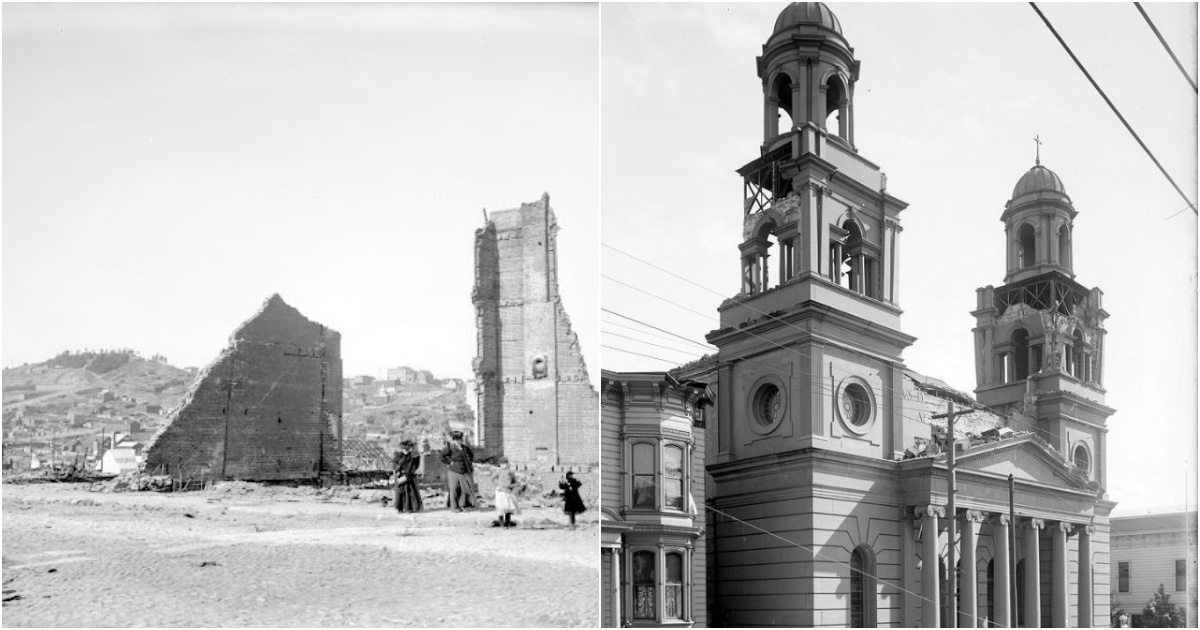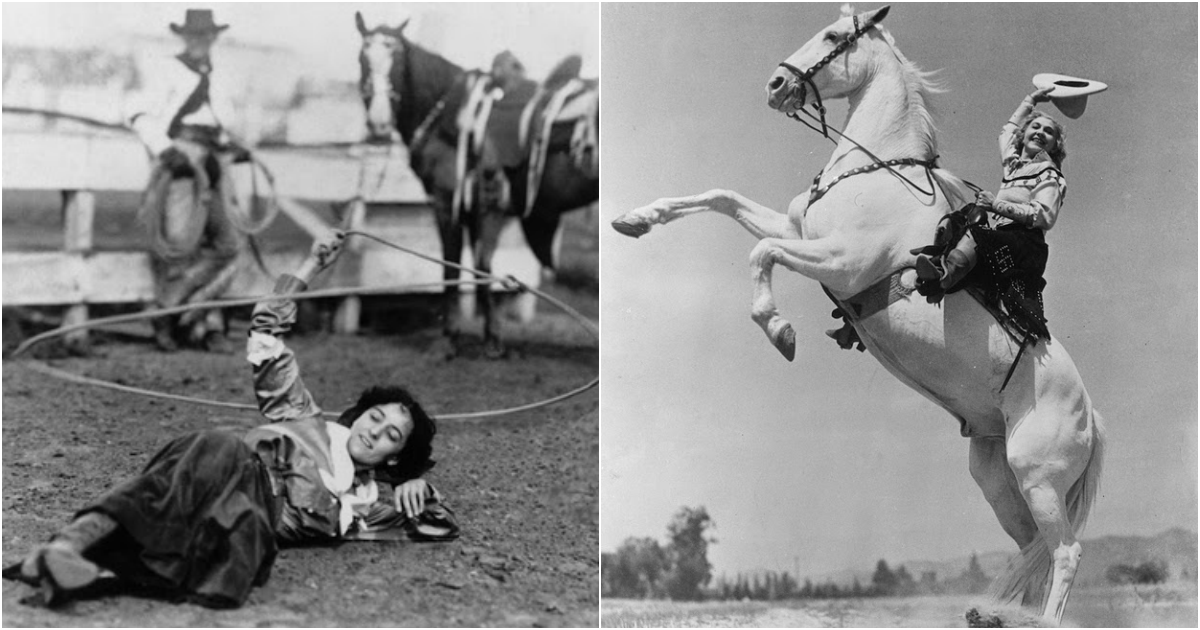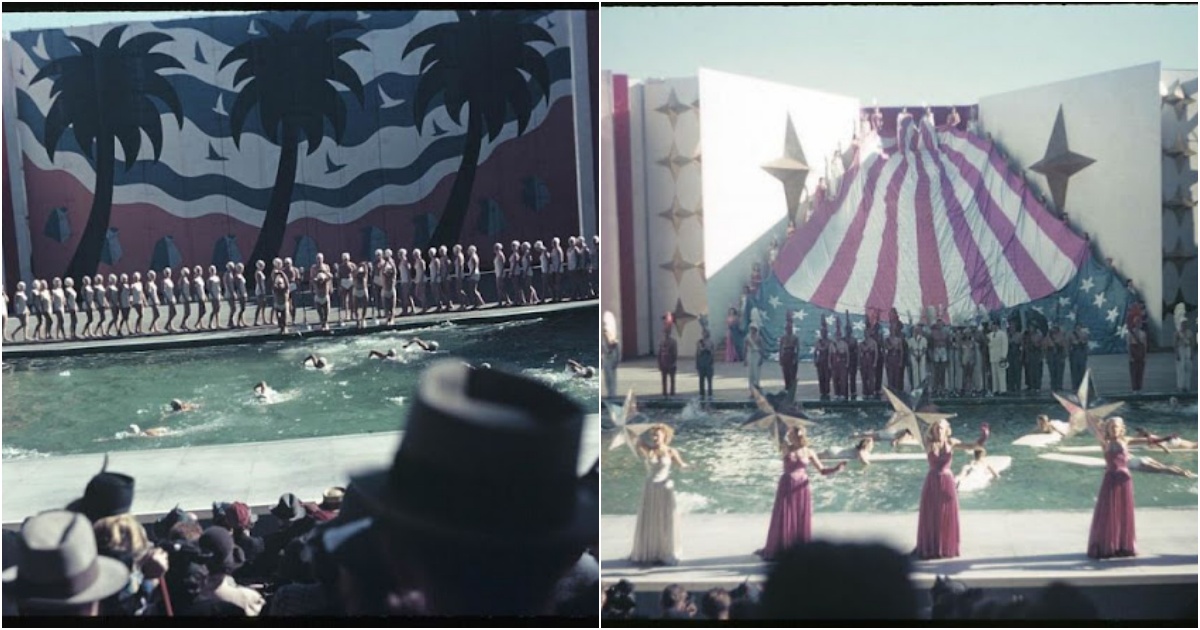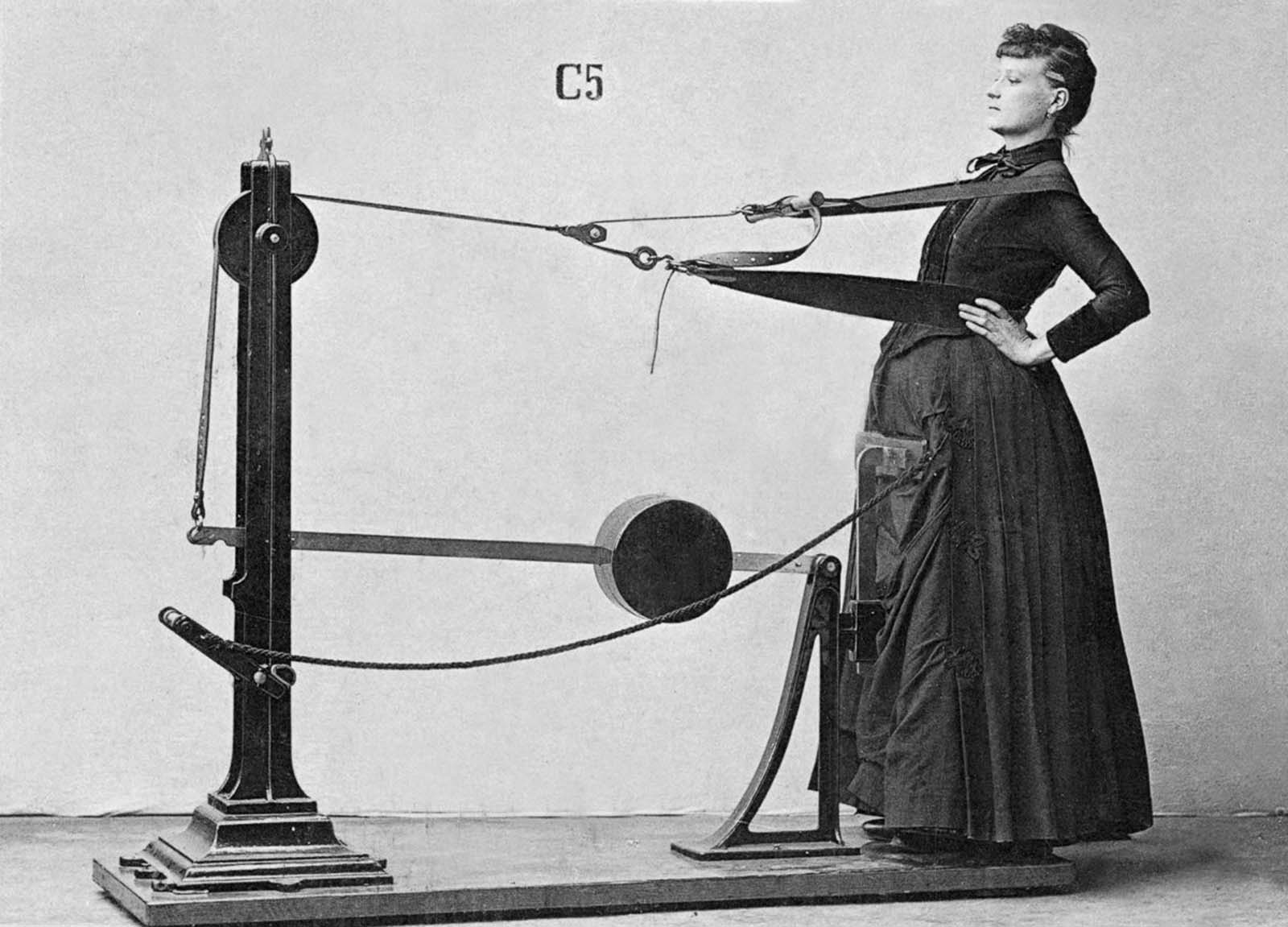
“Has the day at school left you a little tired and stiff? With a little torso-stretching, you’ll soon feel revitalized.”
The use of mechanical means for the application of exercise in therapeutics was first systematized and employed in a complete way by Dr, Gustav Zander, of Stockholm, about 1857.
Zander’s vision of regular exertion using machines to honor health and well-being was certainly a novel idea in an age when the rising industrialization and mechanization moved millions of people into a more sedentary life.
Incorporating machinery allowed for less exertion, opening up therapeutic movement to those with injuries, deformities, and those just not in good enough shape.
Zander devised nearly one hundred machines to give his exercises and manipulations, and his system of mechanotherapy did enjoy wide popularity in Europe and considerable following in North America.
Dr. Gustav Zander came up with a novel approach to physical therapy based on machines that used weights and levers to vary resistance.
The lever worked as an extension of the muscle group being exercised. Sliding the weight towards the end of the lever increased resistance, thus increasing muscle workload. Moving it closer created less resistance.
This was revolutionary because it allowed each machine to be adjusted to suit each user’s strength and physical goals. For those with paralysis or extreme weakness, motorized machines kept the affected muscles from atrophying, and some of them even came with massaging rolls.
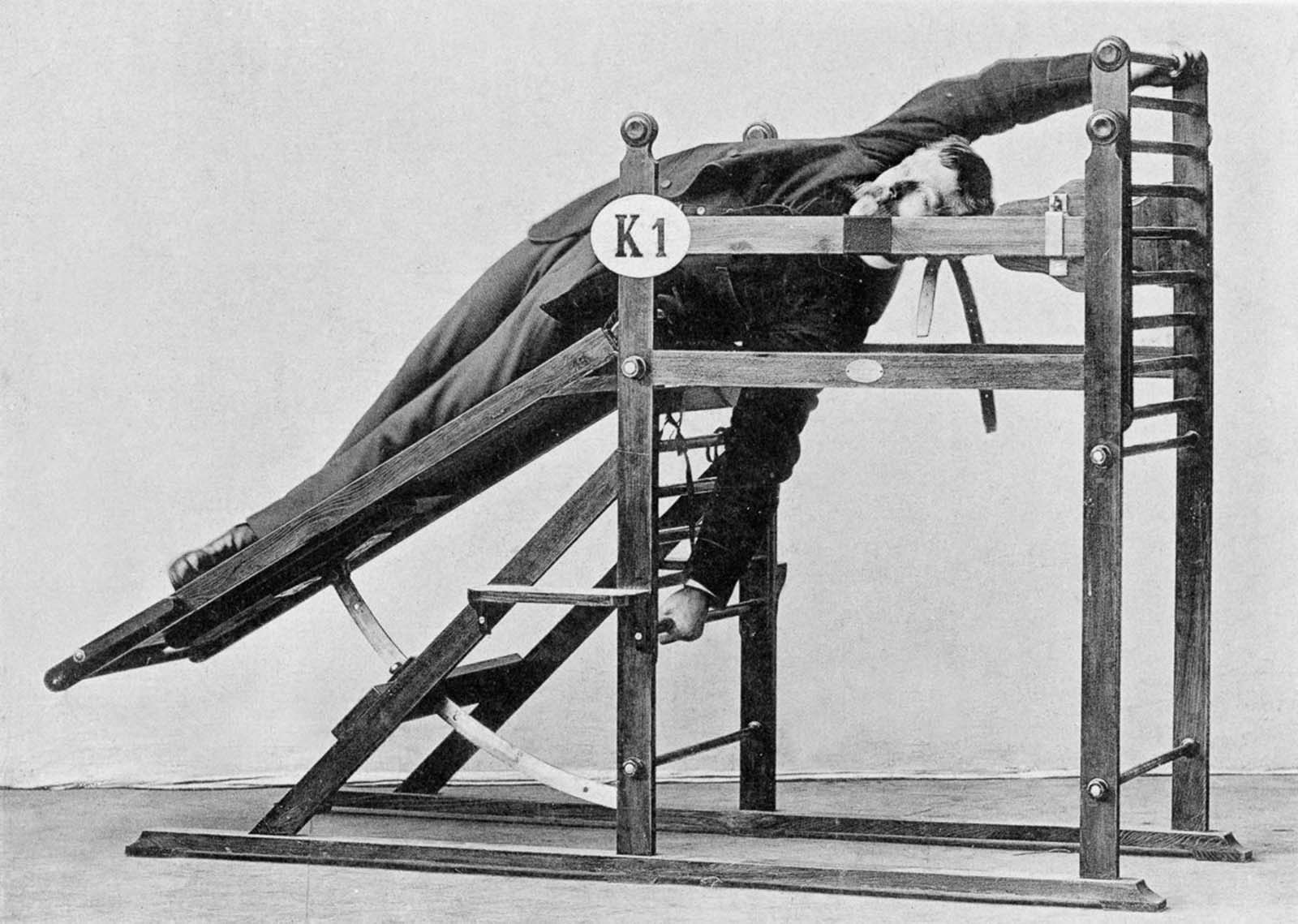
“Your sides will get a thorough stretching in this diagonal-suspension apparatus.”
Even if you look at their design, these early exercising machines look remarkably similar to that of the machines used today in gym clubs, hospital therapy departments, wellness centers, or spas. Each of Zander’s machine models targeted a specific set of muscles or mimicked a precise massage technique intended to help the user.
Zanger started his first wellness institute in Stockholm in 1865 and gained international fame by exhibiting his gym devices at the International Exhibitions in Brussels and Philadelphia in 1876.
By the time he released his book, Dr. G. Zander’s medico-mechanische Gymnastik in 1892, the Zander Institutes had gone worldwide. In the 1880s Dr. Zander came to New York to establish an institute near Central Park.
Dr. Zander died in Stockholm in 1920, and unfortunately, his death, coinciding with the after-effects of World War I and the worldwide depression of the 1930s, swept his exercising machines into the backseat of history. However, his revolutionary ideas are still receiving the attention and respect they deserve.
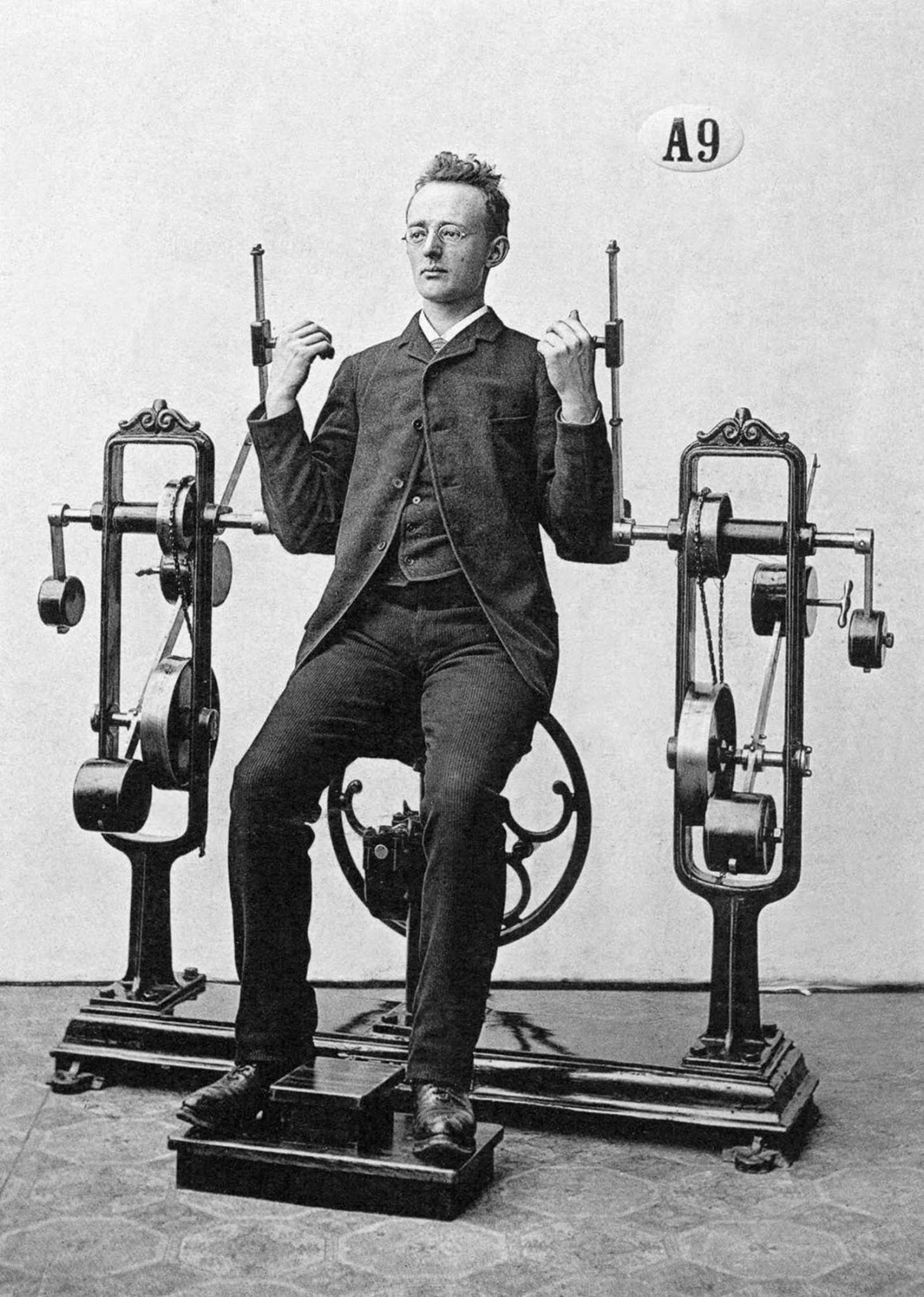
A bicep training machine.
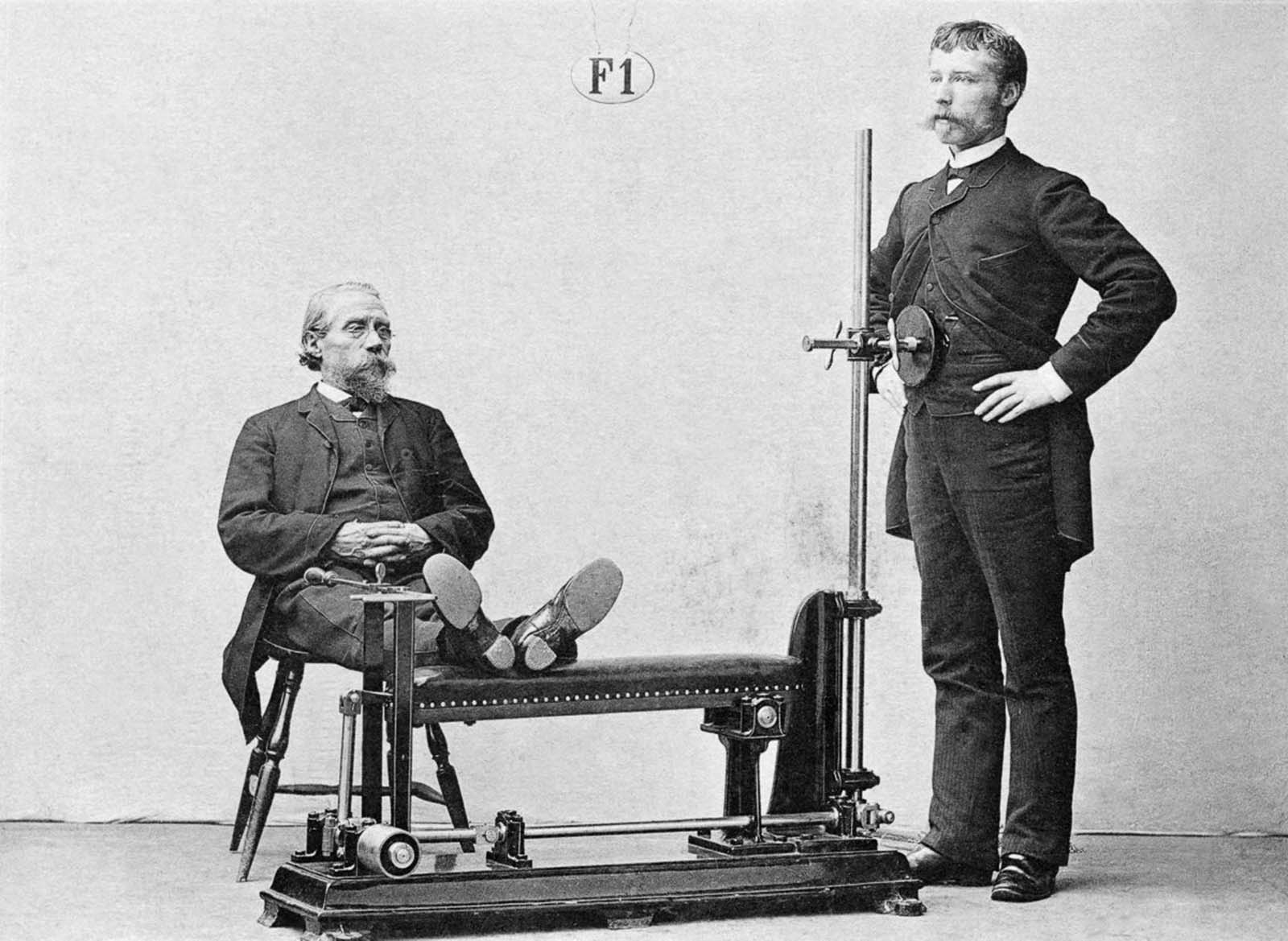
“Are you nervous, or do you struggle with constipation? You’ll find that this vibrating massage machine will work wonders!”
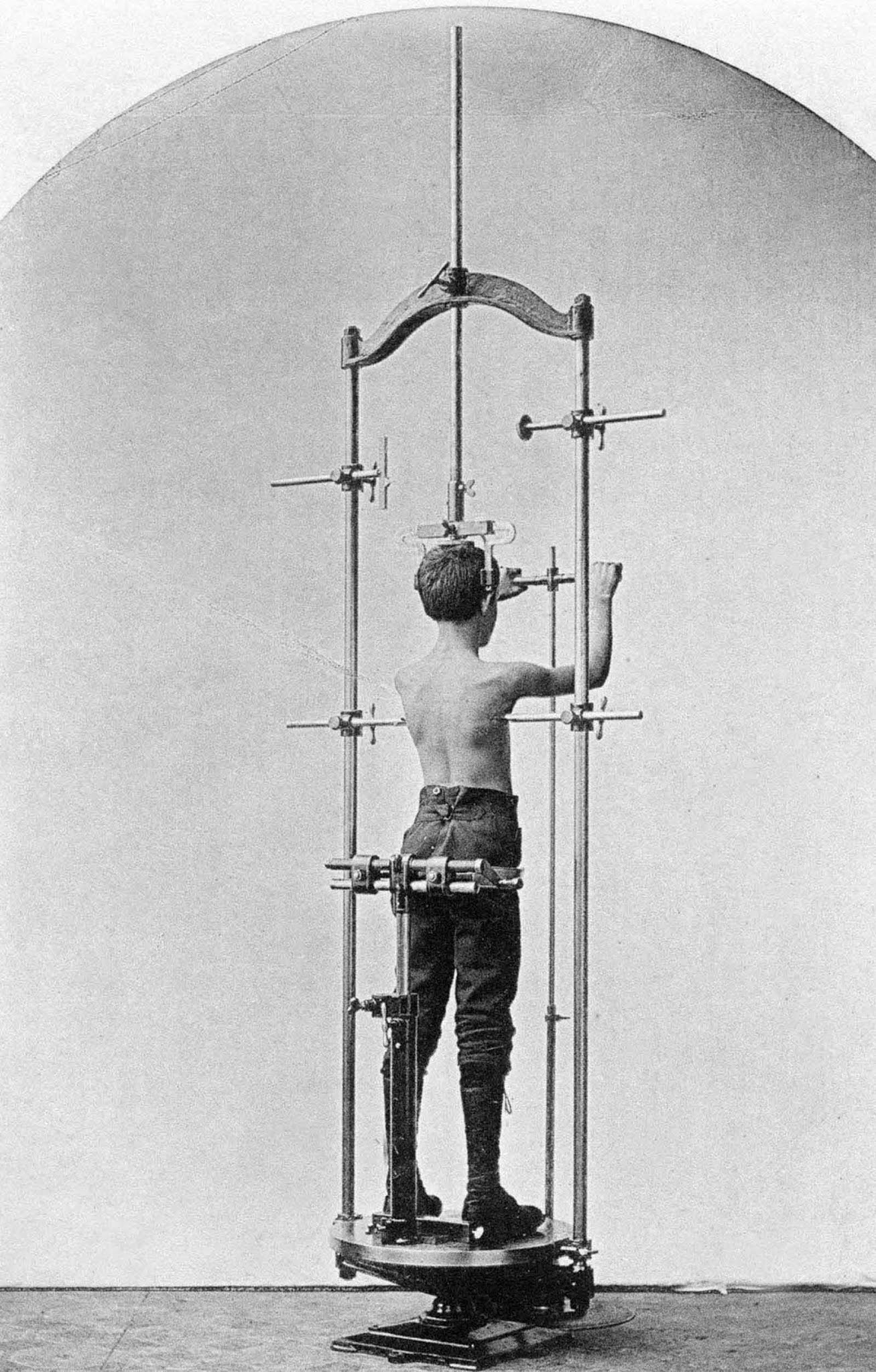
“Step into the trunk-measuring apparatus and map the contours of your torso and the bends of your spine.”
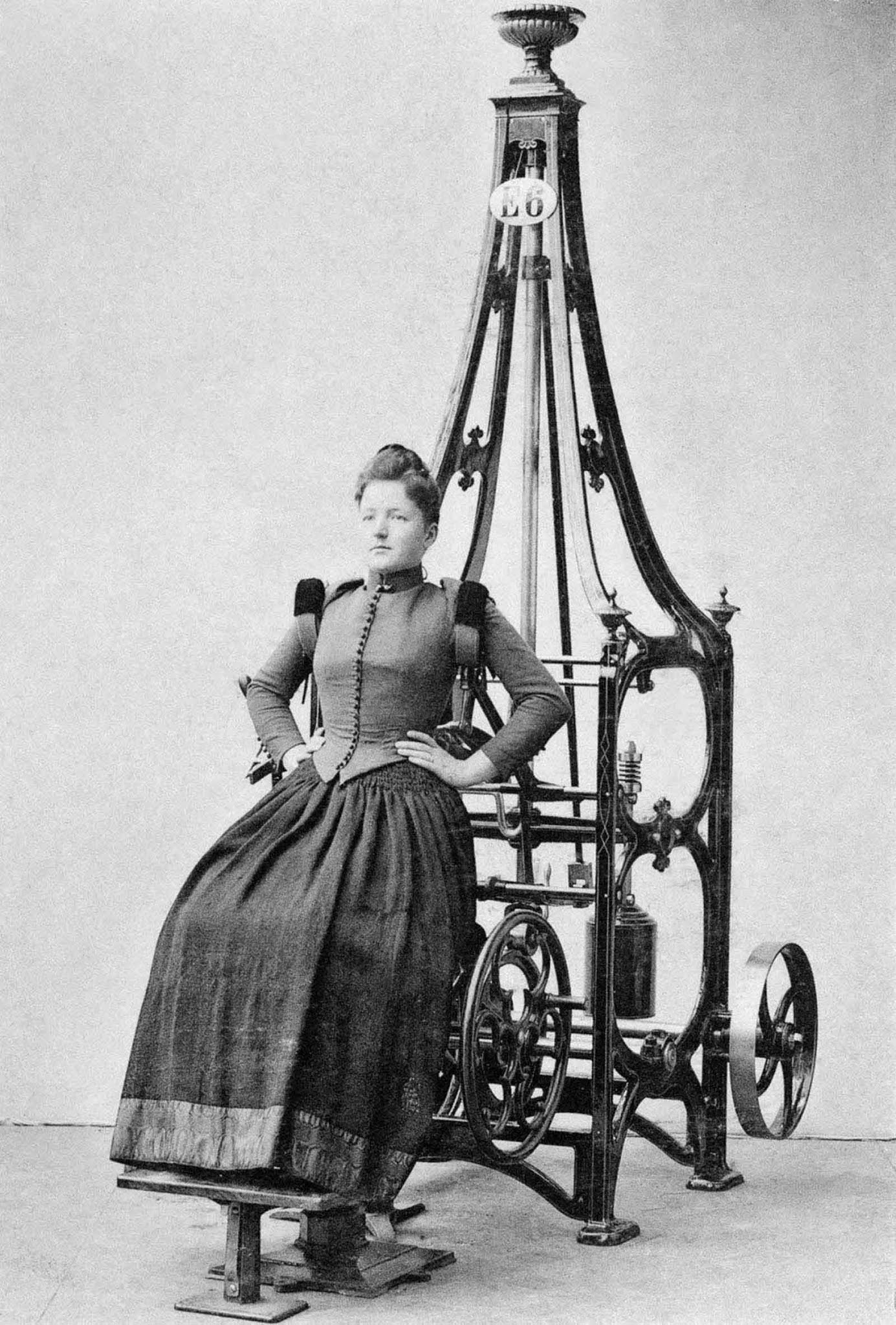
“In this elegant chest-expanding machine, you can raise your pulse by increasing the flow of blood to the lungs.”
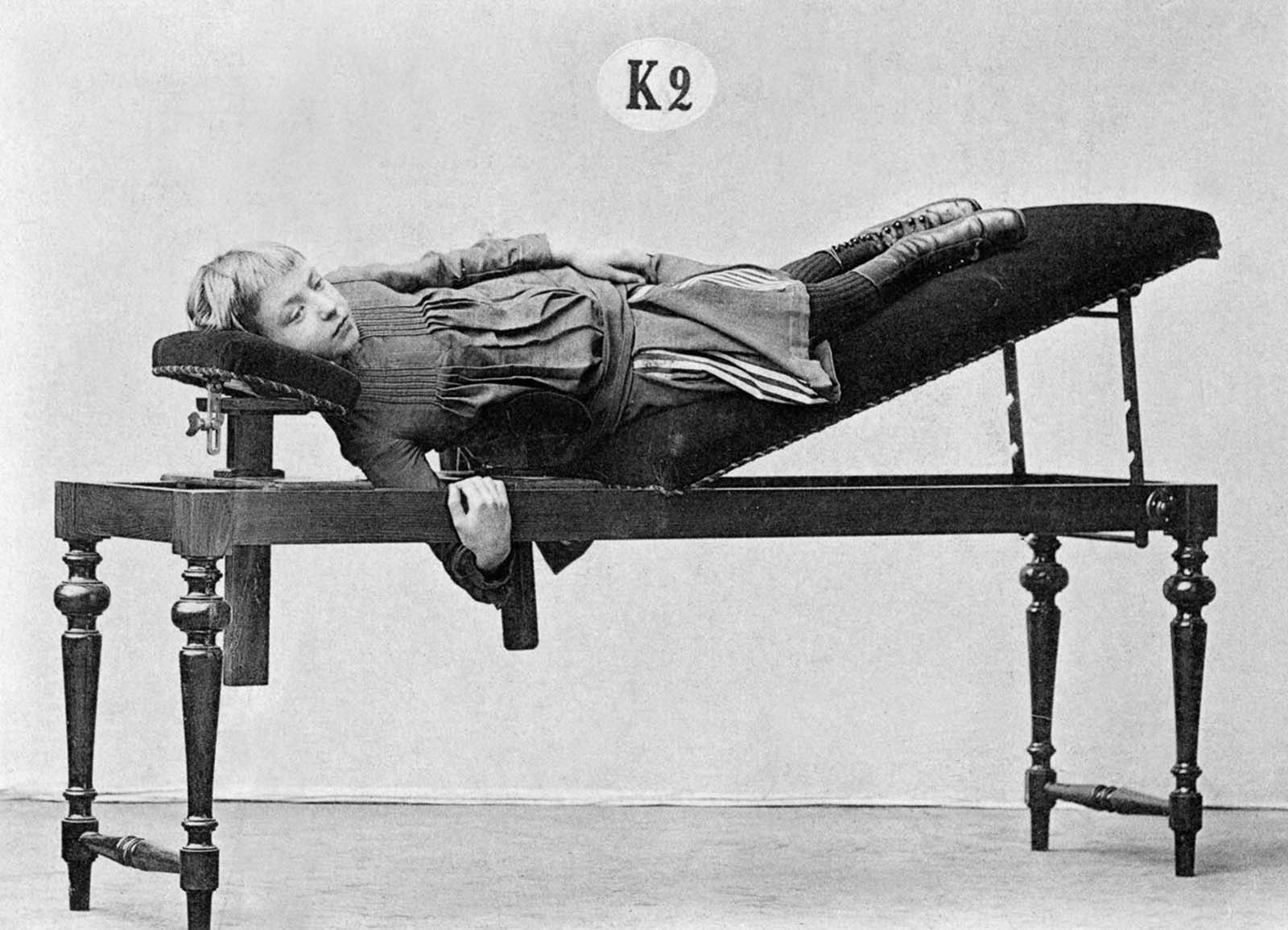
“It may look like a velvet-topped dining room table, but you can realign imbalances in your muscles, skeleton and joints with this side-pressing apparatus.”
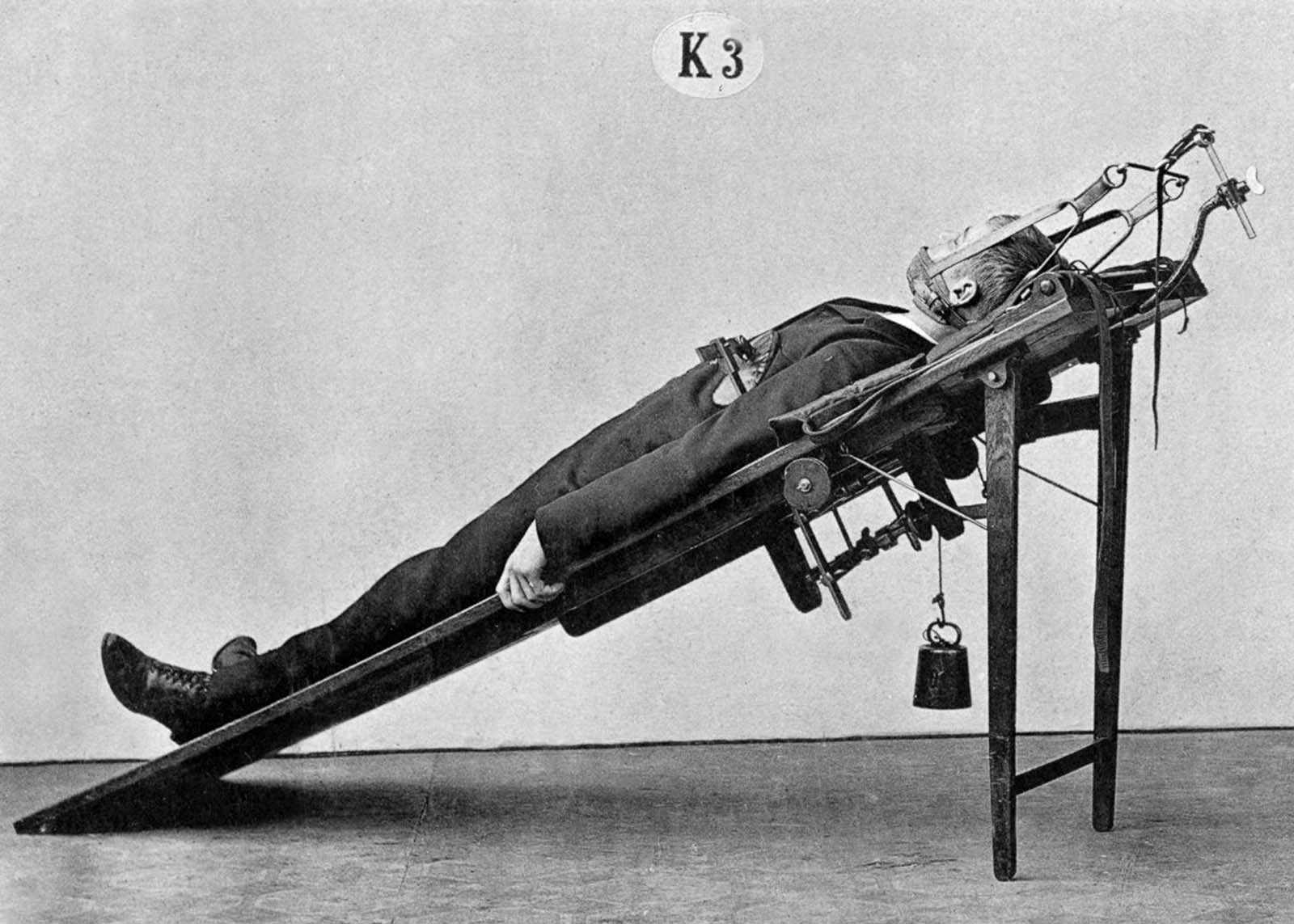
“Is this something from Count Dracula’s torture chamber? No, it’s just a device for realigning your ribcage.”
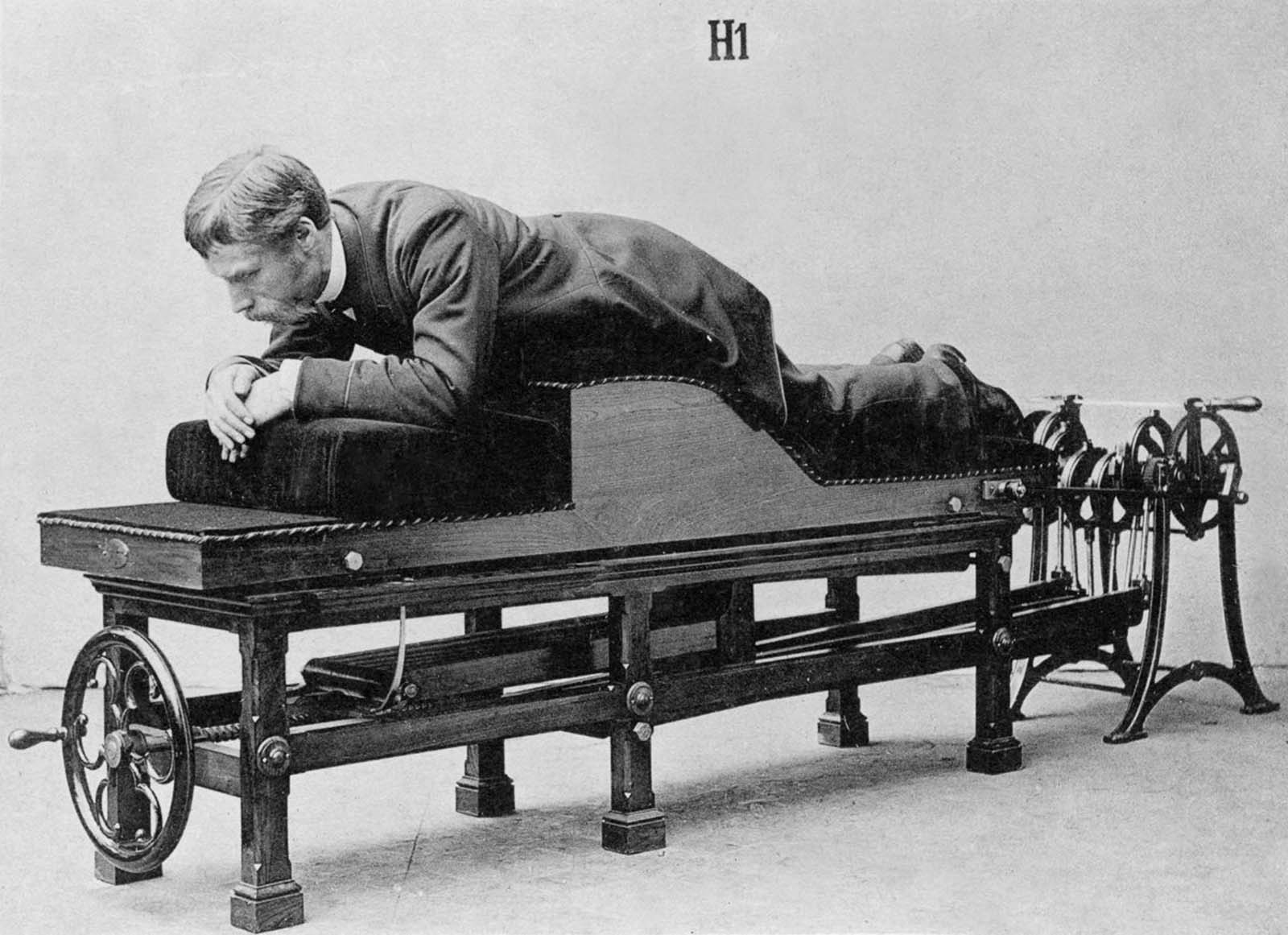
“Come and get your stomach kneaded!”
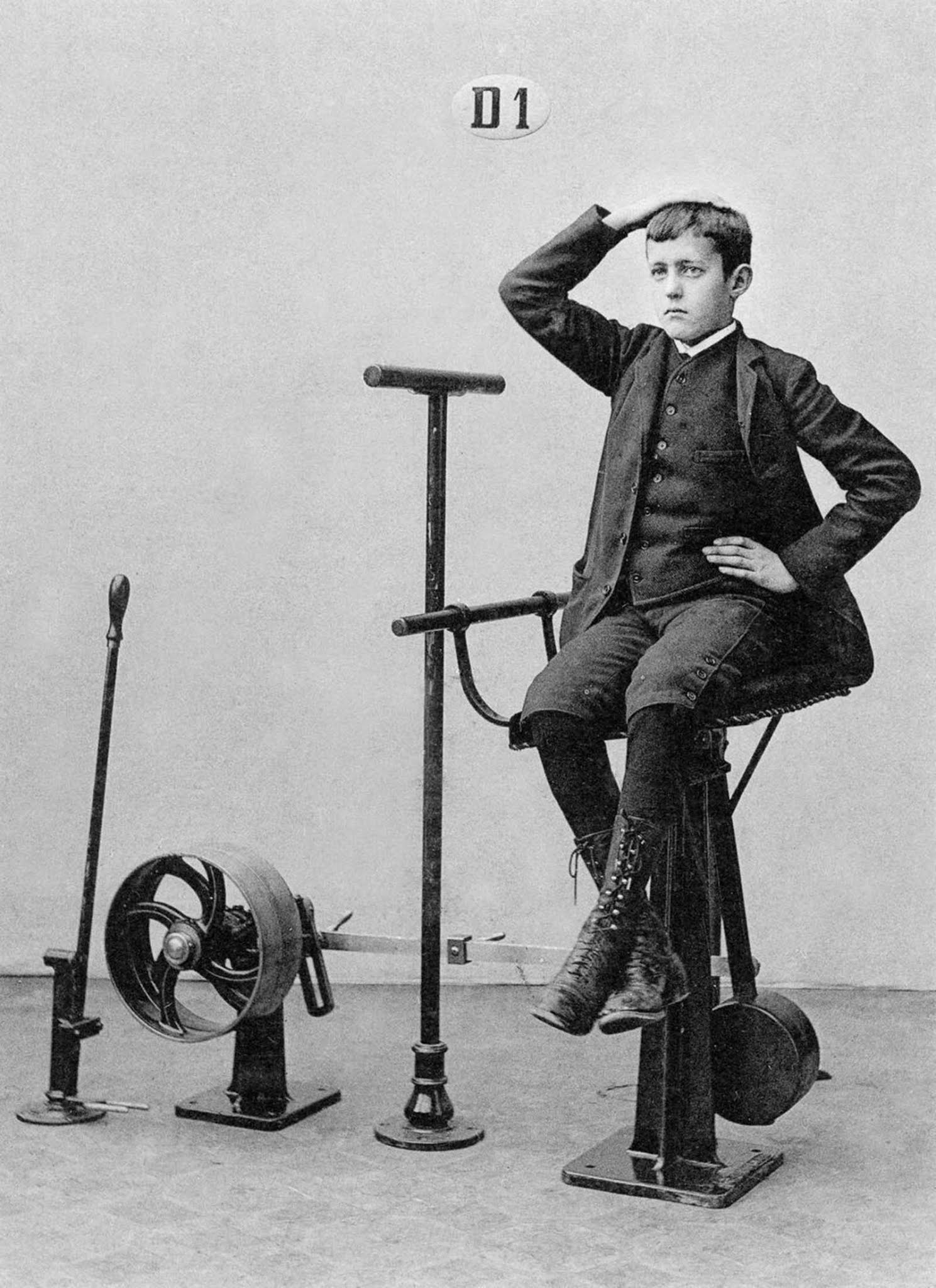
“This boy isn’t sitting on a bar stool – it is a torso-twisting machine that is strengthening his stomach.”
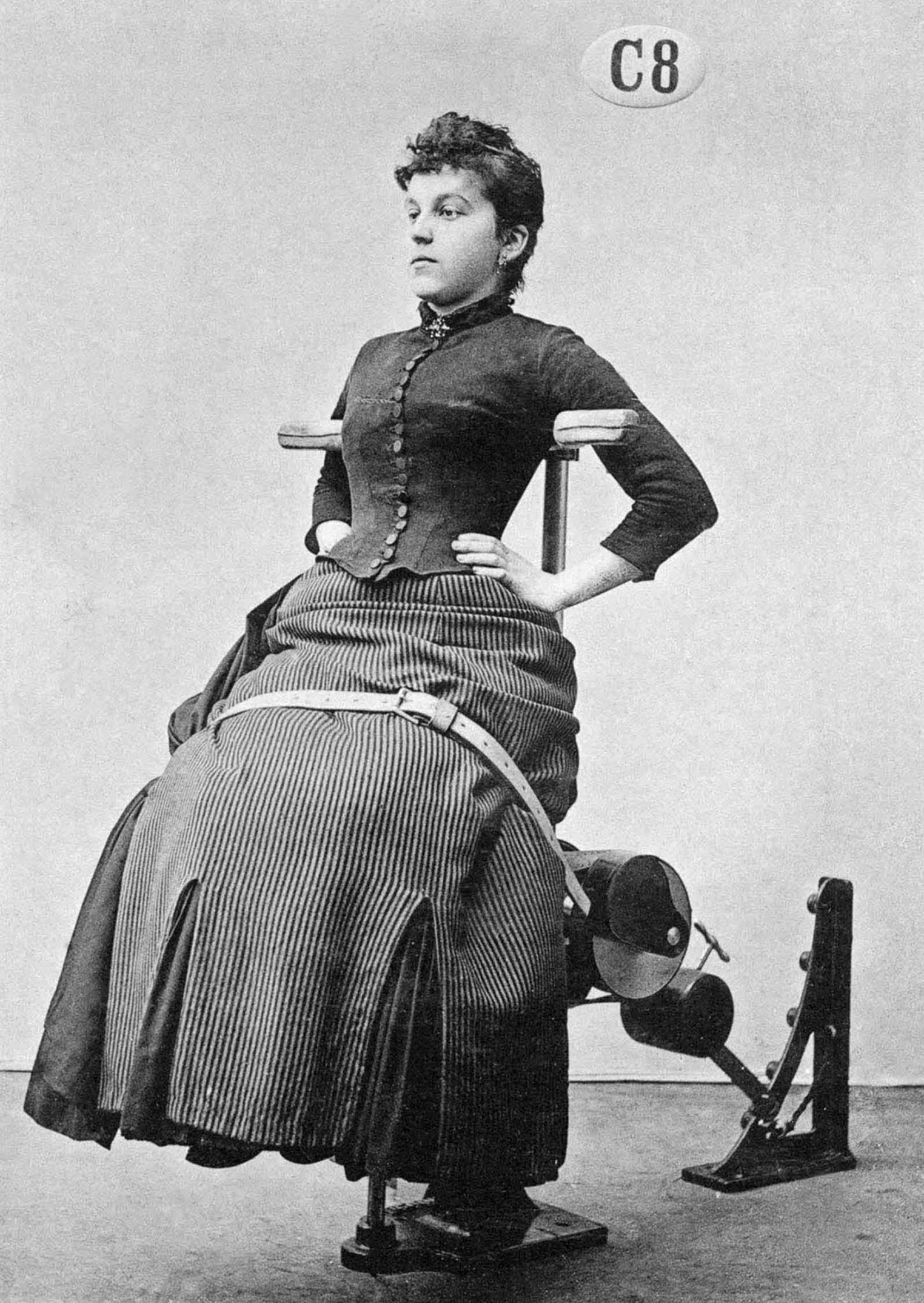
A pelvis-twisting machine.

“This boy in high-laced boots is benefiting from some arm-stretching while working on the balance of his torso.”

A velocipede-stepping apparatus.
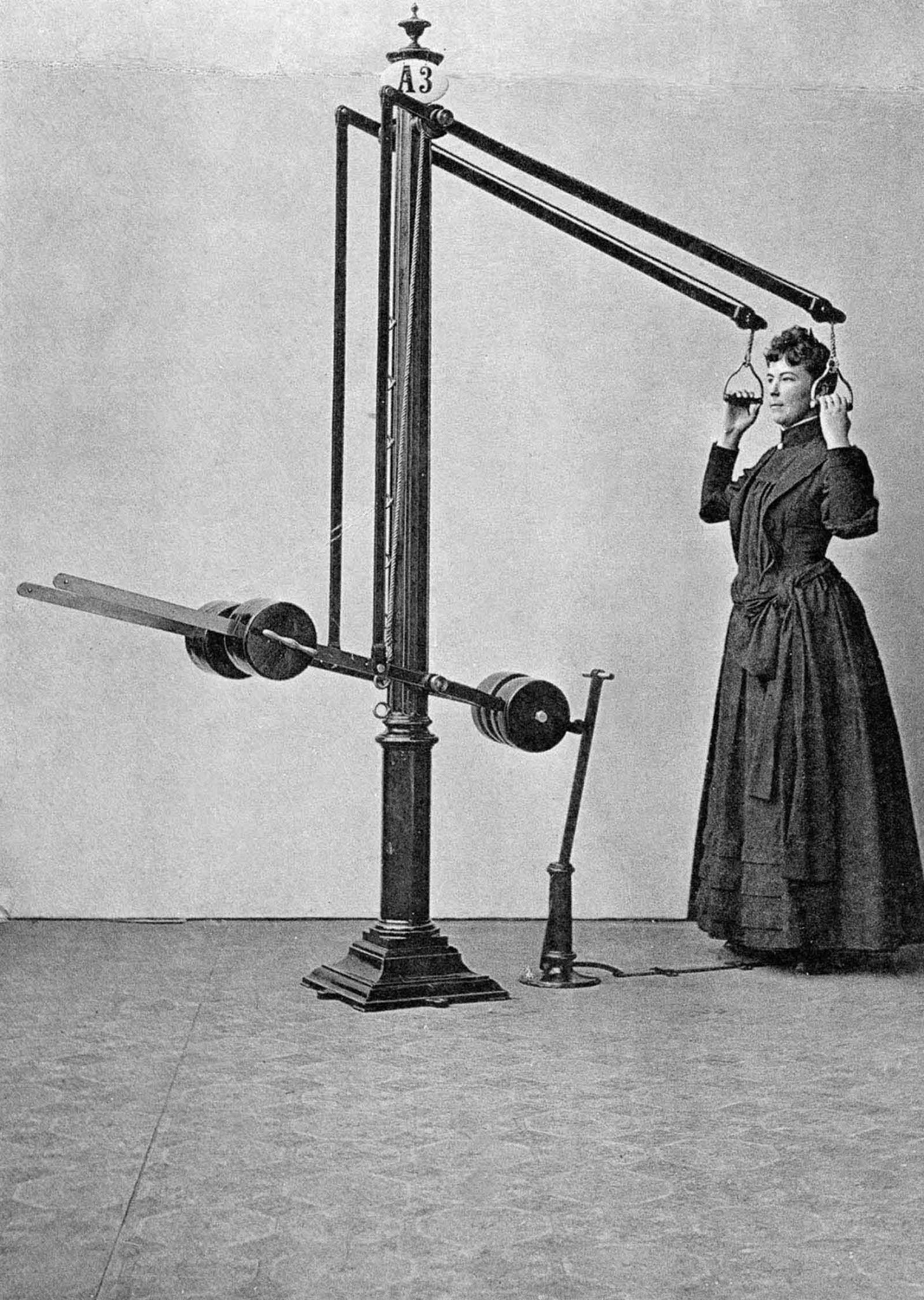
“This arm-bending apparatus is good for the arms, shoulders, and back.”

“For those who are unable – or who don’t dare – to get up on horseback, this apparatus vibrates the rider’s body.”
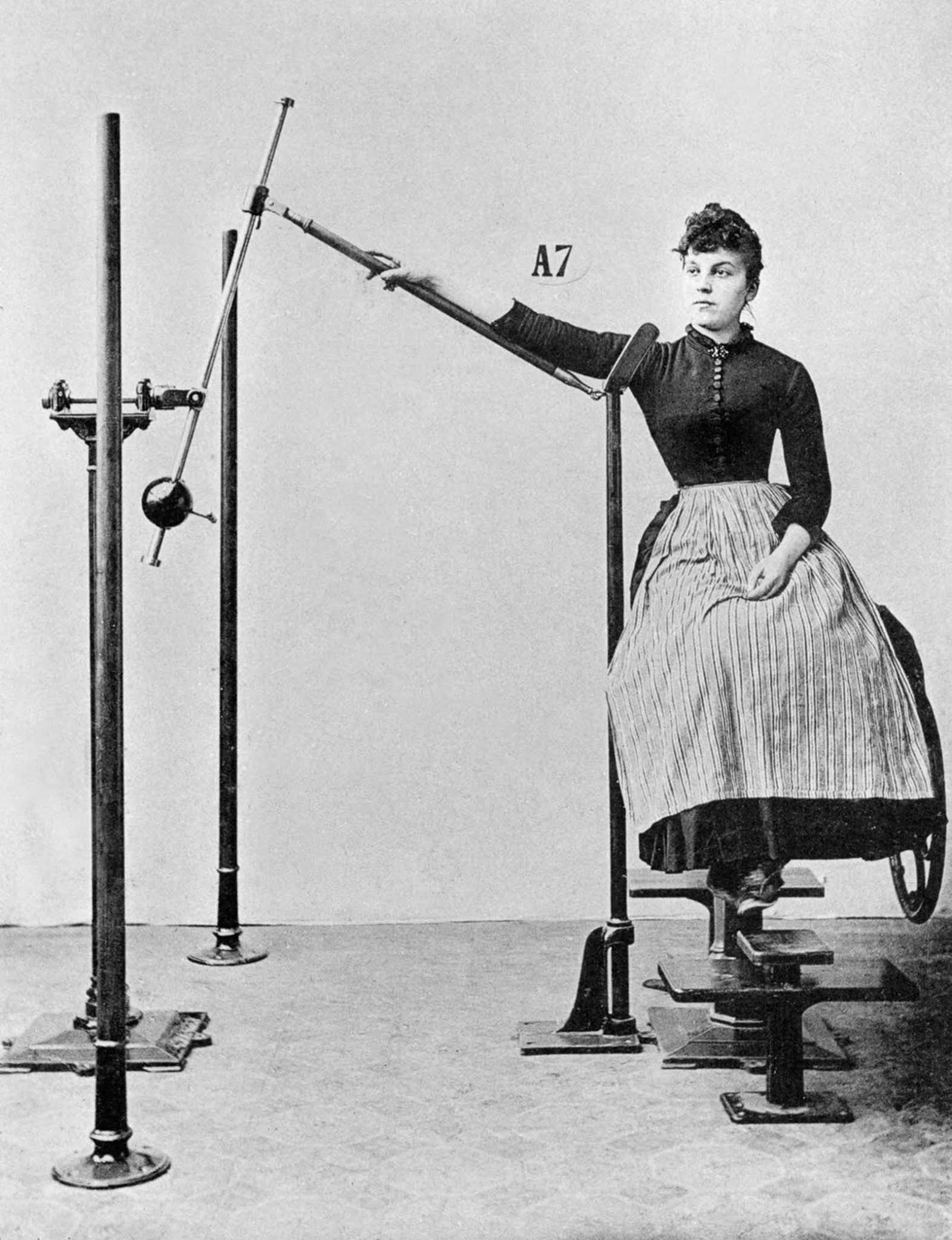
A machine to increase the strength and mobility of the arm and shoulder.
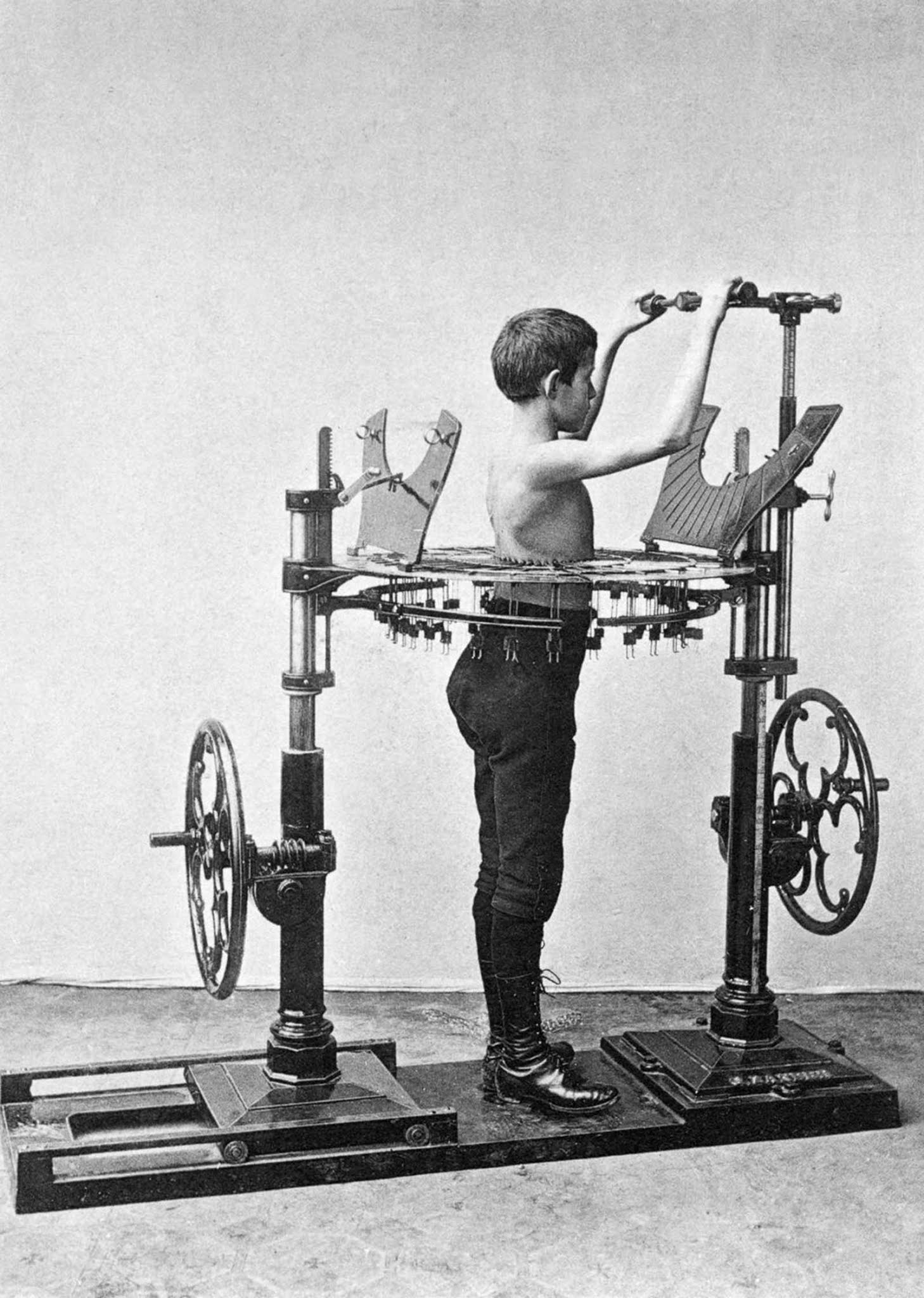
A cross-sectional measuring device to track changes to the body.
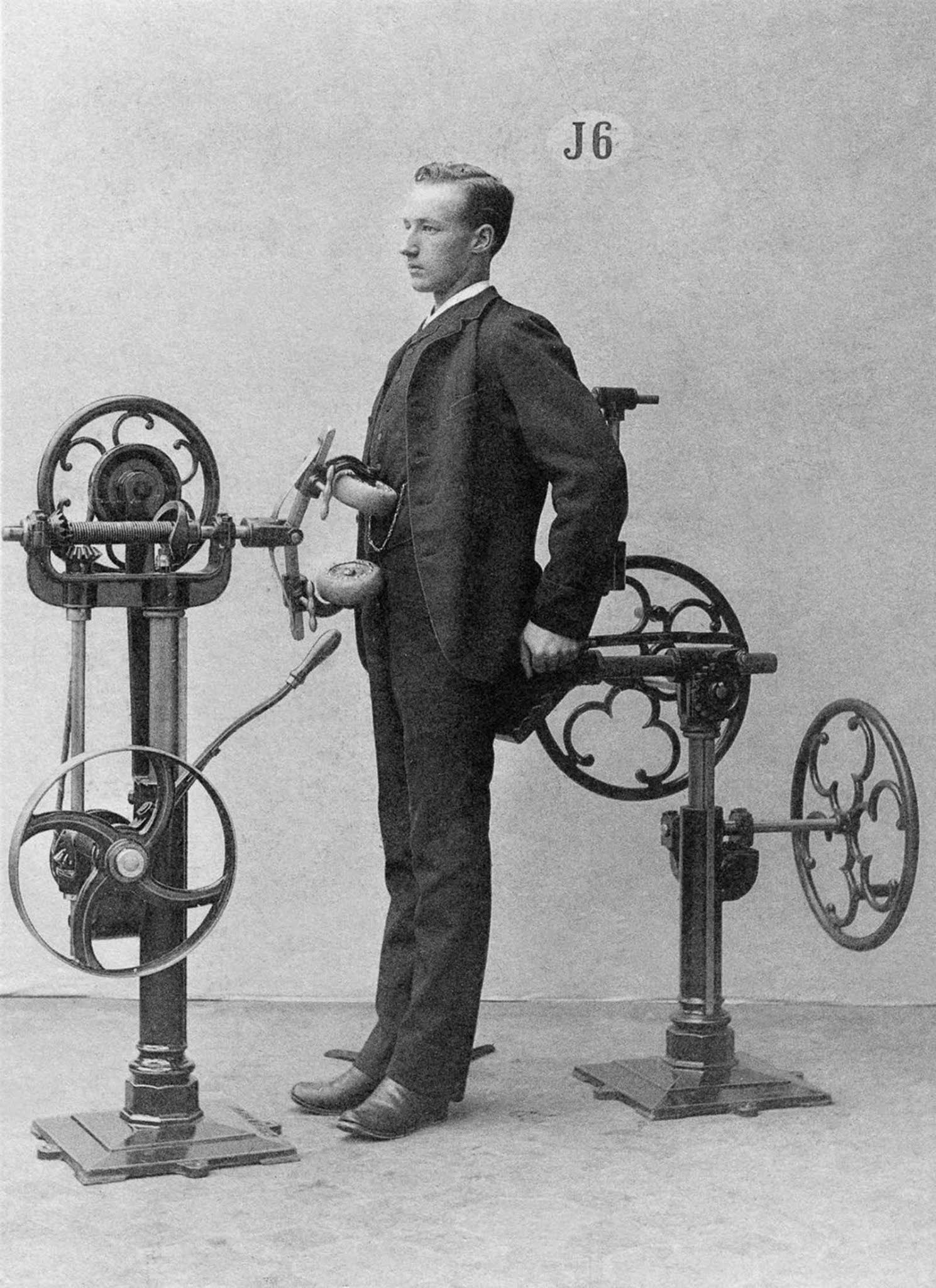
“Lean back and feel the benefits of a circular massage to the lower abdomen.”
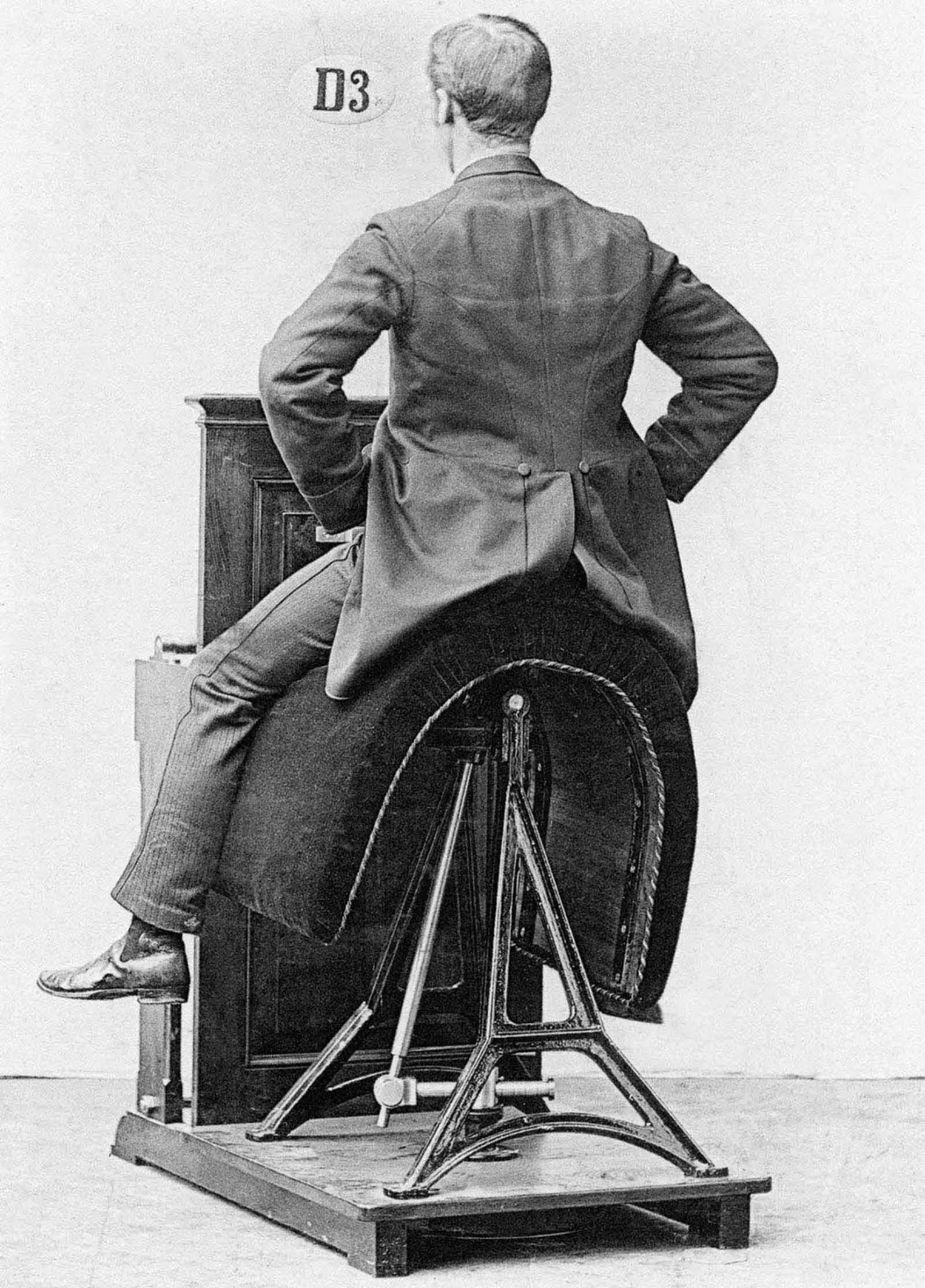
A moving mechanized saddle to train the core muscles.

“Increase the circulation of blood to tired and cold feet with a foot massage.”
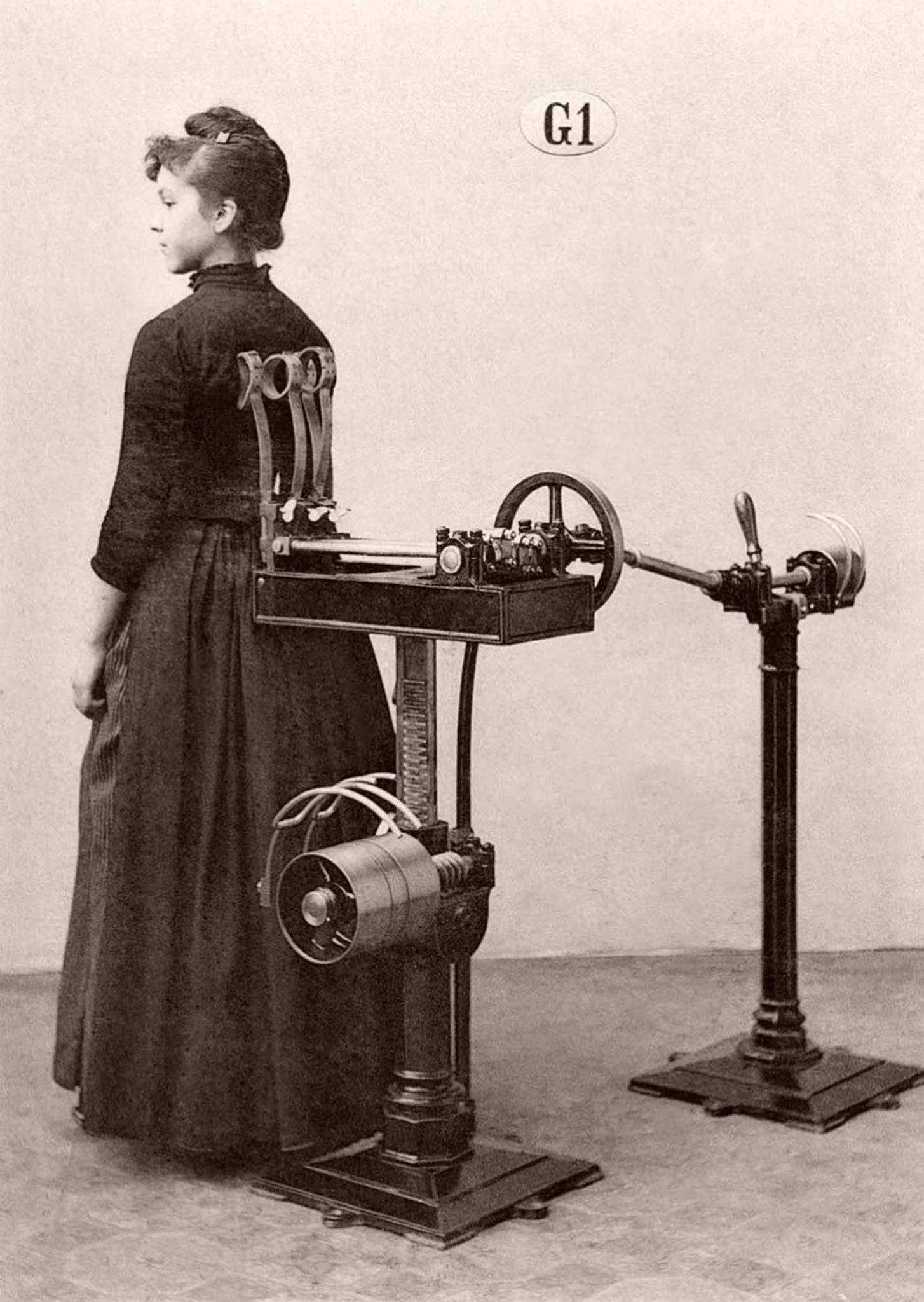
A machine for massaging the back.
(Photo credit: Tekniska Museet / The National Museum of Science and Technology in Sweden).
